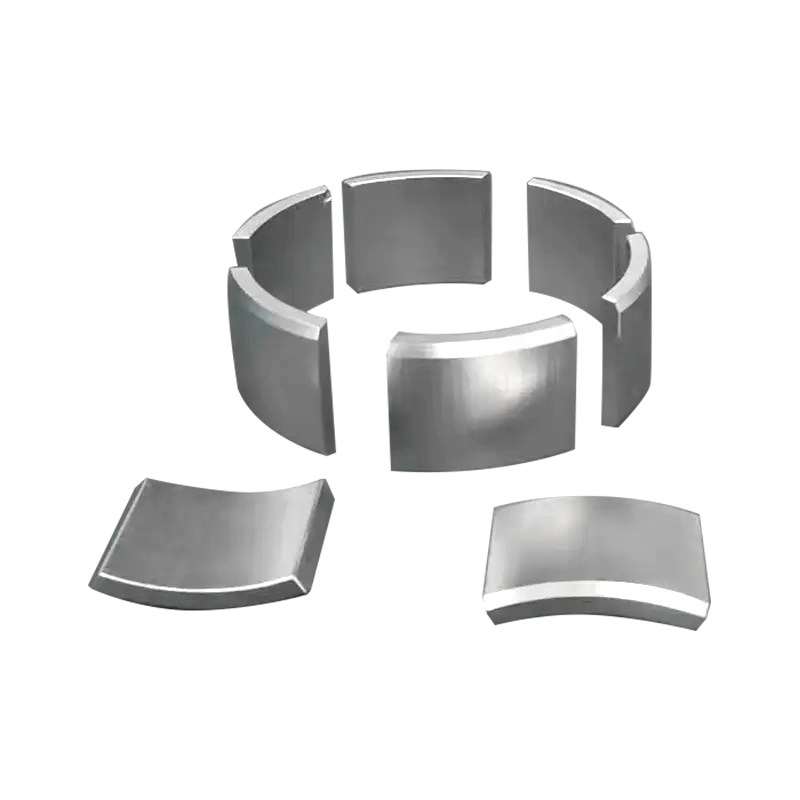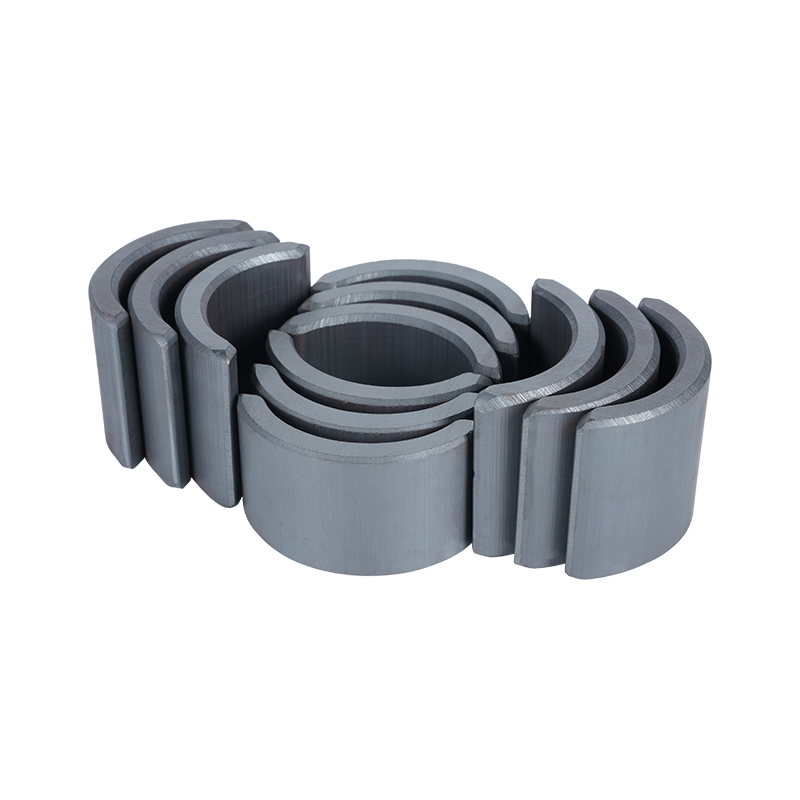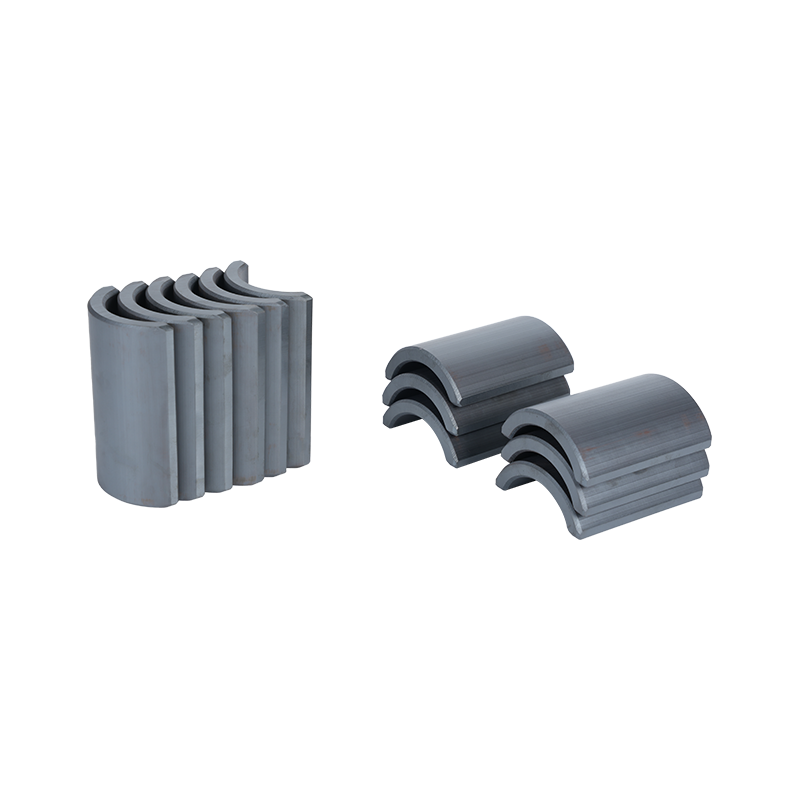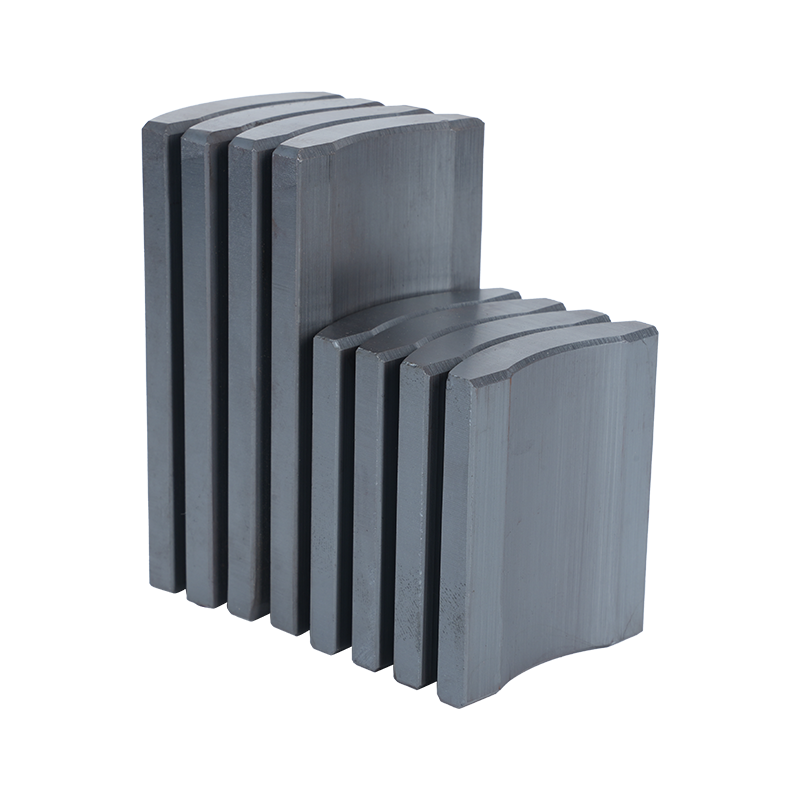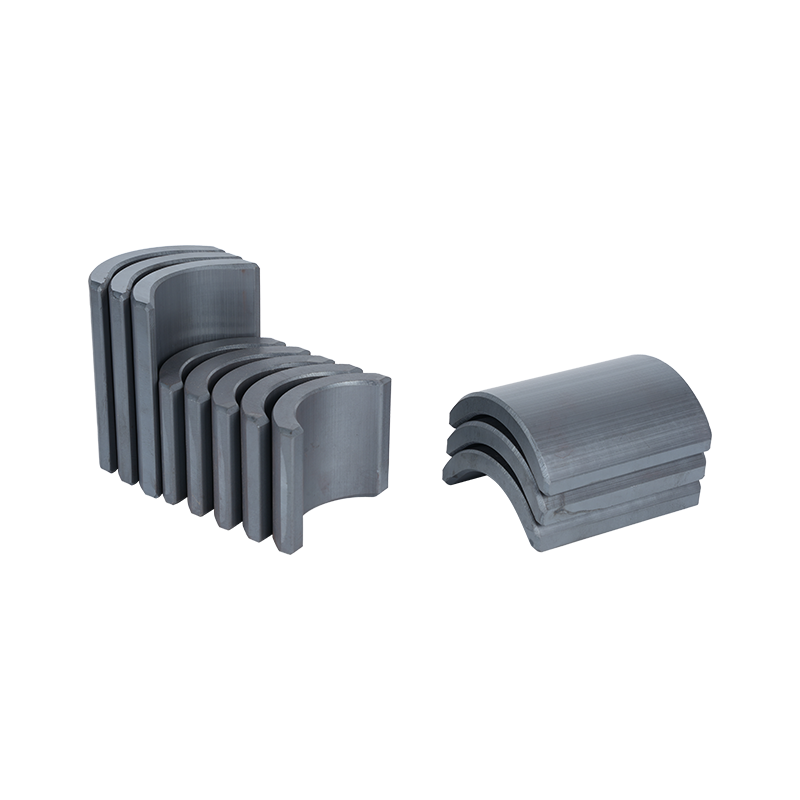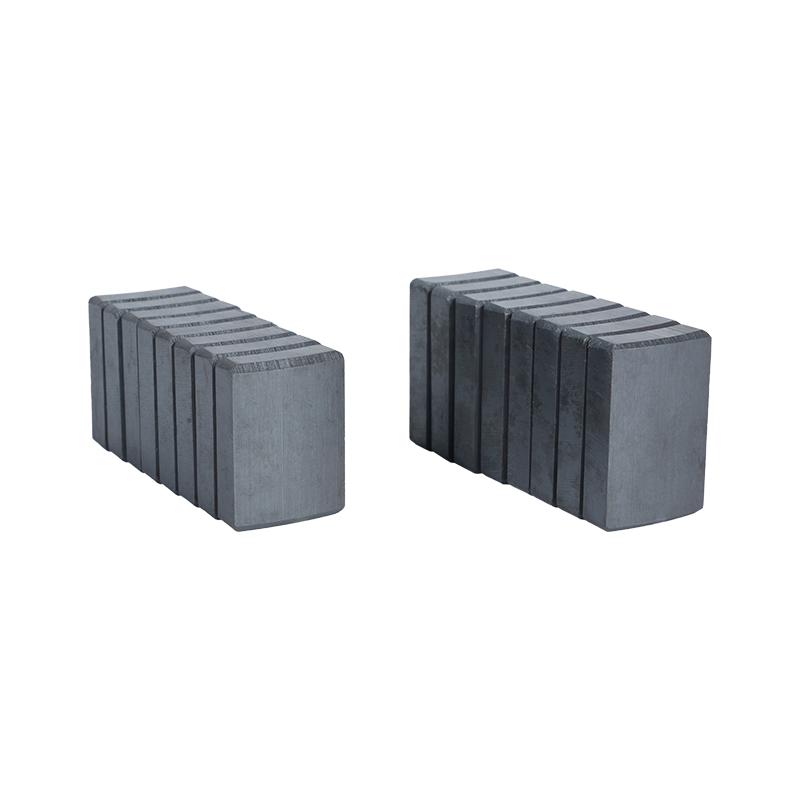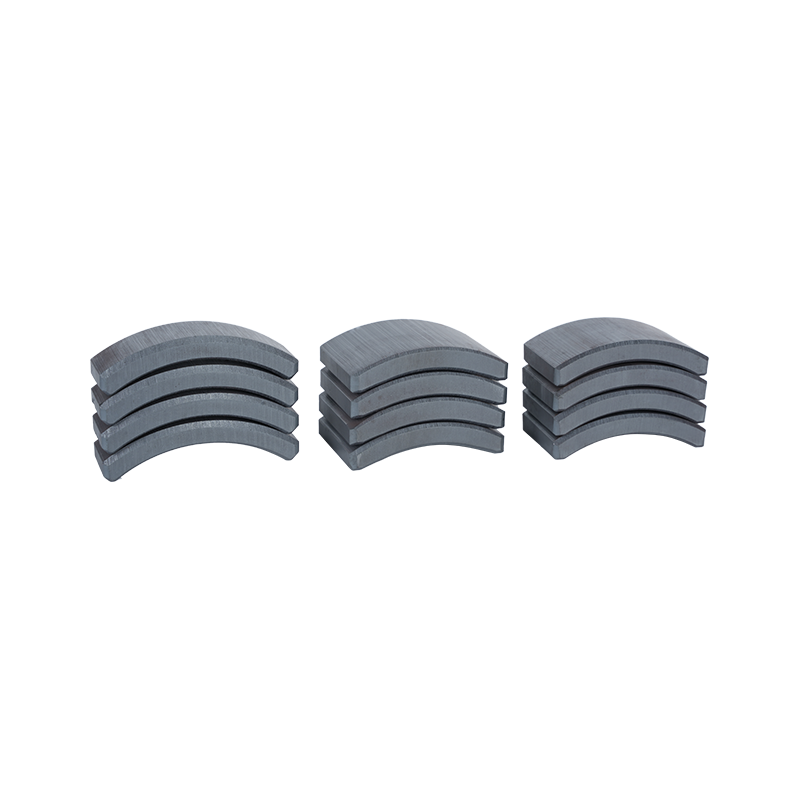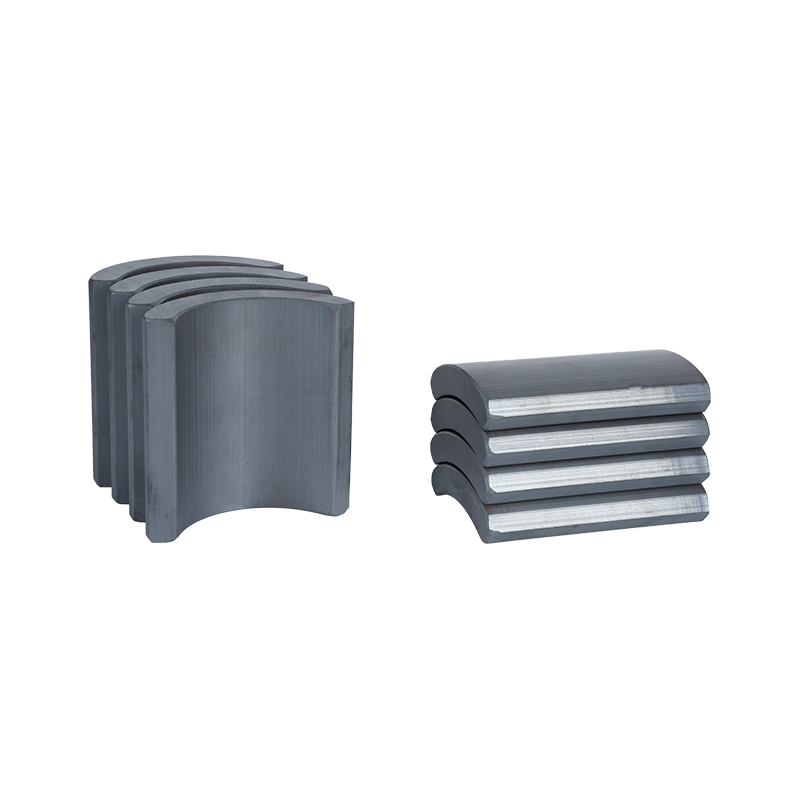Dong Yang TianQi Magnetic Segment Co.,Ltd.(formerly Shuangyang Magnet Tile) is a professional enterprise specializing in the production of motor magnet tiles
Search by posts
Categories
Popular products
Contact Us
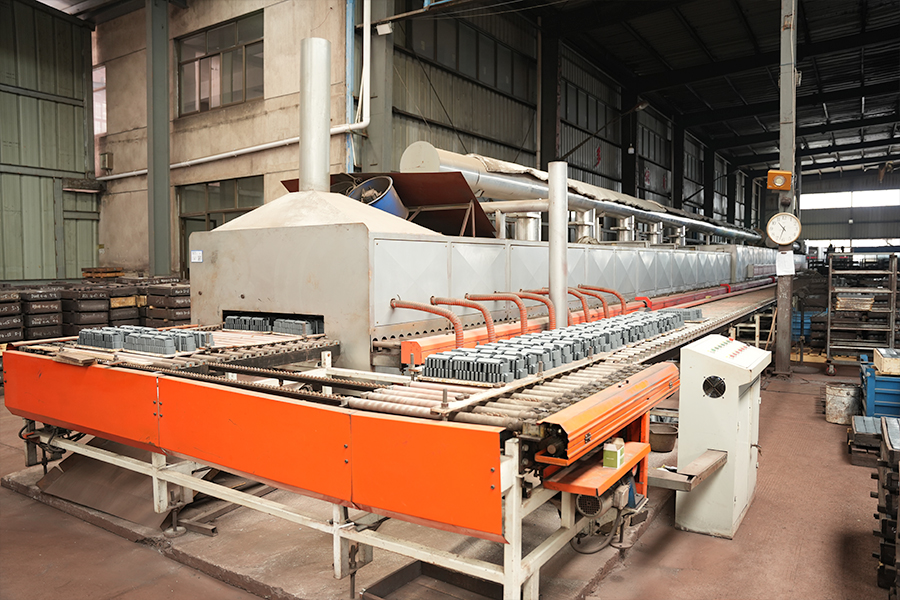
Industry News
 By Admin
By Admin
Applications of Hard Ferrite Magnets in Electronics and Automotive Industries
OEM Hard Ferrite Magnets Supplier
Hard ferrite magnets have become a crucial component in a variety of industries, especially in electronics and automotive sectors. These magnets, made from a combination of iron oxide and other metals like barium or strontium, offer an affordable and reliable solution for a wide range of applications. Despite being less powerful than rare-earth magnets, hard ferrite magnets are known for their durability, cost-effectiveness, and ease of production, making them ideal for many everyday technologies.
In the electronics industry, hard ferrite magnets play an essential role in the construction of speakers, microphones, and other audio devices. In these applications, the magnet's primary function is to convert electrical energy into mechanical energy, which produces sound. The relatively low cost of hard ferrite magnets makes them a popular choice for manufacturers, as they provide the necessary magnetic strength without driving up production costs. Their resistance to corrosion and demagnetization over time also ensures long-lasting performance, a critical factor in the highly competitive consumer electronics market.
For instance, in loudspeakers, hard ferrite magnets help generate the magnetic field required for the movement of the speaker cone, which produces sound waves. These magnets are particularly favored in lower-cost speaker systems, where affordability is crucial. In microphones, hard ferrite magnets are used to convert sound vibrations into electrical signals, with the magnetic field playing a key role in signal generation. The use of hard ferrite magnets in these applications ensures that both performance and cost efficiency are balanced, making them an essential part of the electronics industry.
The automotive sector also benefits greatly from the use of hard ferrite magnets. These magnets are commonly used in electric motors, sensors, and ignition systems within vehicles. In electric motors, which are found in various automotive applications including power steering, window lifts, and HVAC systems, hard ferrite magnets offer a robust and reliable source of magnetic force. The cost-effectiveness of hard ferrite magnets is particularly important in the automotive industry, where the need for affordable components is crucial for keeping production costs low.
In automotive sensors, hard ferrite magnets are employed in applications like speed sensors, position sensors, and anti-lock braking systems (ABS). These sensors rely on the magnetic field generated by the hard ferrite magnets to detect movement or position, making them vital in ensuring the functionality and safety of modern vehicles. Hard ferrite magnets are favored in these systems due to their stability and long lifespan, even under harsh operating conditions such as high temperatures and exposure to moisture.
Another significant advantage of hard ferrite magnets in both the electronics and automotive industries is their environmental benefits. Unlike rare-earth magnets, hard ferrite magnets are made from more abundant materials, reducing the environmental impact associated with mining rare-earth elements. This makes hard ferrite magnets a more sustainable option, particularly in industries that are increasingly focused on reducing their carbon footprint and environmental impact.
Moreover, the ease of manufacturing and relatively low cost of hard ferrite magnets contribute to their widespread use in these sectors. Their non-toxicity and safe handling also make them a preferred choice for companies looking to adhere to stringent environmental regulations.
In conclusion, the role of hard ferrite magnets in both the electronics and automotive industries cannot be overstated. Their durability, cost-effectiveness, and versatility make them a go-to solution for manufacturers in need of reliable magnetic components. As industries continue to evolve and prioritize sustainability and cost-efficiency, hard ferrite magnets will remain a key player in powering devices and systems across various sectors.



